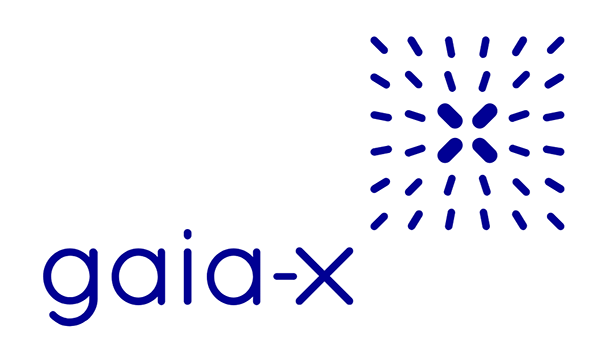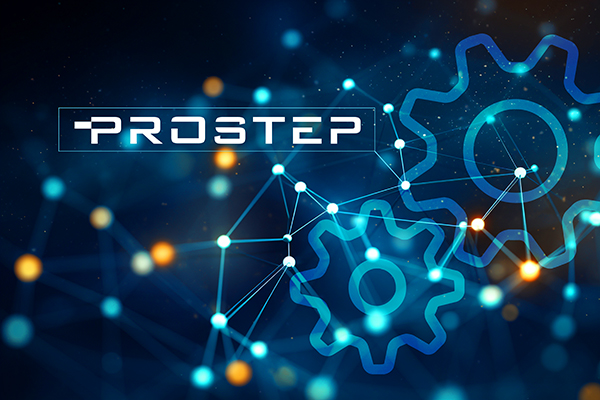
|
Trusted data spaces are the order of the day! Aren’t they?By Martin Holland I recently came across an article from 1996 that raised the question of whether the WWW is well-suited to serve as the basis for business applications. I think that in retrospect the answer is clear. Today, the question is whether data ecosystems and, above all, trustworthy data ecosystems will have the same disruptive impact on our economy as the WWW, and I dare say that they will. 
There are numerous initiatives and lighthouse projects involving Gaia-X that aim to create the foundations for open, trustworthy data ecosystems. It is intended that Catena-X make it possible for players in the automotive industry to organize themselves in global value chains more easily, securely and independently than ever before. Building on the results of Gaia-X and Catena-X, the aim of the Manufacturing-X data space is making this possible for the rest of the manufacturing industry. What all these initiatives have in common is the vision of making Germany and Europe less dependent on the major American players when it comes to data technology. The aim is data sovereignty: Whoever makes data available retains control and decides on a case-by-case basis who will be involved in the exchange of data and how, when, where and under what conditions. There is no doubt that we need a higher level of data sovereignty and digital sovereignty in Europe if we are to meet the challenges that digitalization poses. Digitalization is a vicious circle – it not only creates an increasing amount of digital data but also requires an increasing amount of data in order to function effectively. The virtual validation of highly automated vehicles alone requires vast amounts of vehicle and environment data if every conceivable driving situation is to be simulated. Data sharing is therefore the order of the day. If we want to make our value chains more robust and our manufacturing processes more sustainable, we need access to data from customers, development partners and suppliers so that we can link it to our own data. It therefore makes sense for companies to make their data available to other companies so that they in return are able to use the other companies' data. To train artificial intelligence applications, for example. 
One of the challenges faced when creating these data ecosystems is persuading all those involved of the advantages of multilateral data sharing. That is why it is intended that the potential benefits of data spaces be substantiated by multiple industry-specific use cases in the individual lighthouse projects. One example is using machine tool data from customers for the AI-assisted optimization of process parameters, which the manufacturer then makes available to all its customers for a fee, with the companies who provide the data receiving an appropriate discount. Find out more about the benefits of these data spaces in the interview with Ulrich Ahle. Lighthouse projects and use cases alone are not enough if interoperable data ecosystems are to be established. Data sharing must also be made technically and semantically possible, which requires appropriate tools and standards. Gaia-X, Catena-X and Manufacturing-X are therefore also intended to lay the technical, semantic and legal foundations for interoperability in complex value networks. Interoperability also requires a common understanding of the usage and access rights for the data. Data sovereignty means that the data provider decides which data it wants to make accessible to which users and with which usage and access rights. It is therefore necessary that not only the actual user data be exchanged but also an increasing amount of metadata and contractual information in a format that is comprehensible to all. The Eclipse Dataspace Connector (EDC), which is based on the Asset Administration Shell (AAS) models, was developed for this purpose. The AAS describes the asset – for example, a machine or control unit – in a standardized, machine-readable format and includes all the relevant information about the asset, such as identification data, technical specifications, status information and possibly also services associated with the asset. 
As specialists for system integration and data exchange, we naturally in the future also want to be able to offer you solutions for integrating data ecosystems in your business processes. To ensure that our solutions are practice-oriented, we have, together with partners, submitted a proposal for a publicly funded project within the framework of Manufacturing-X. In this project, we will be developing an EDC connector that will link our OpenPDM integration platform and the PLM, ERP and ALM systems connected to it with Manufacturing-X and other Gaia-X-based data ecosystems, such as Catena-X. We will provide you with more detailed information as soon as the project has been approved. I wish you every success when using the data ecosystems! Martin Holland |
|
| © PROSTEP AG | ALL RIGHTS RESERVED | IMPRINT | PRIVACY STATEMENT | YOU CAN UNSUBSCRIBE TO THE NEWSLETTER HERE. |

